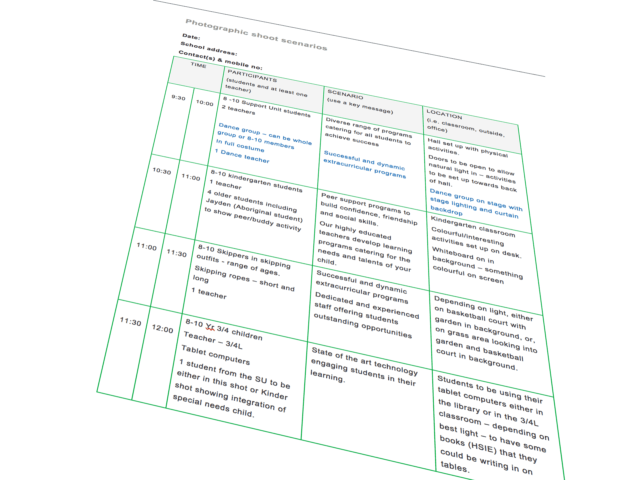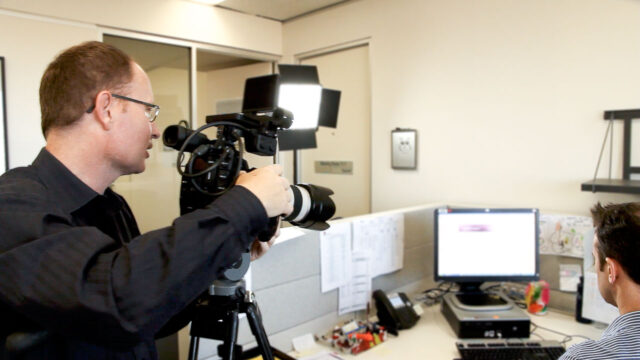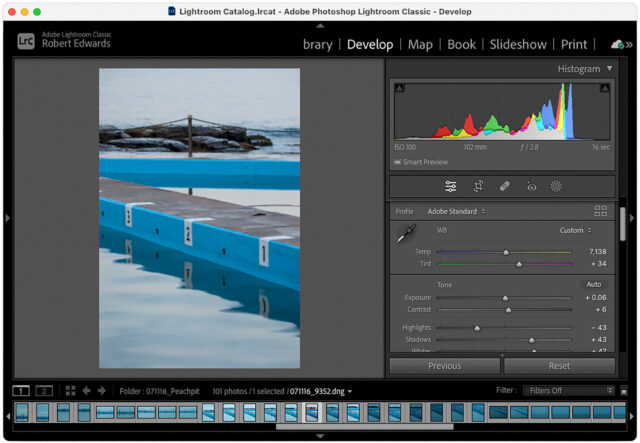Photography is an art that requires a combination of technical skills, creativity, and patience. Many people believe that making a good photograph is as simple as pressing a button on a camera, but in reality, it takes much more than that. Professional photography, in particular, is a complex and time-consuming process that requires meticulous planning, execution, and post-production.
Planning

Before any photo shoot, a lot of planning is required. This pre-production time involves communicating with the client to understand their requirements and translating that into a visual form. This requires time and experience to ensure that the photographer fully understands the client’s needs and can deliver the desired results.
The photographer needs to determine the type of images to capture, the location, lighting, and other technical aspects. For example, if the photographer is doing a portrait they will need to decide on the type of lighting that will flatter the subject, the background, and poses. If it’s an industrial site there will be WH&S considerations as well as not disrupting the work.
Execution

The actual photo session is another time-consuming aspect of professional photography. The photographer needs to be patient and meticulous, taking the time to capture the right angles and lighting, and directing the subject to achieve the desired results as efficiently as possible. All while taking into consideration the business requirements so as not waste the client, subject or crews time.
This process can may several hours or even days, depending on the complexity of the job. For example, a fashion shoot may require multiple wardrobe changes, different lighting setups, and various locations, all of which require time and collaboration to execute.
Post-Production

Once the photography is complete the photographer needs to spend time editing the photos to ensure that they are of the highest quality. For maximum quality experienced photographers capture images a camera raw format that requires processing to JPEG for clients to use. This includes adjusting the lighting, colour balance, and other technical aspects of the photos to achieve the desired results.
Post-production is a time-consuming process, especially for complex jobs with a large number of photos. A general rule-of-thumb is post-production requires as much time as the photography itself. The photographer needs to ensure that each photo is edited to perfection, which can take several hours or even days when retouching is involved.
Learning Takes Time

Finally, it is important to note like all professions, photography takes time because it requires investment in continuous learning and development. Photography is an ever-evolving art, and photographers need to stay up to date with the latest techniques, technologies, and trends to stay ahead of the curve.
This requires time and effort, including attending workshops, training sessions, and keeping up with the latest trends in the industry. By investing time in learning and improving their skills, photographers can ensure that they continue to produce high-quality work that meets the needs of their clients.
Good professional photography takes time because it involves a complex and time-consuming process that includes planning, execution, post-production and learning. However, the investment is well worth it because the end result is high-quality photos that meet or exceed the needs of clients.
